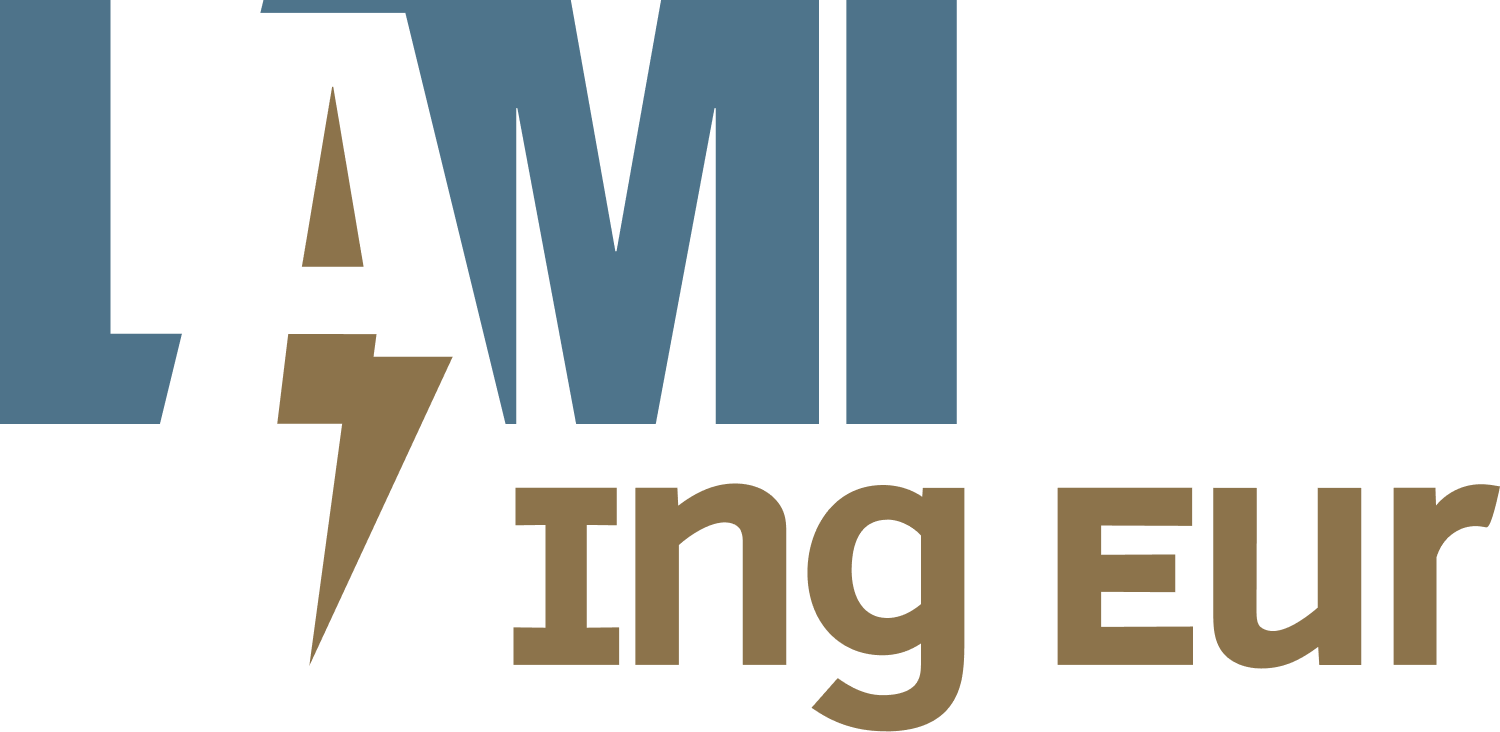In the modern world of automated production, especially in the food industry, production lines are essential for efficiency and quality. One of the questions that companies frequently ask themselves is whether they should turn to a single company for the entire project or outsource various parts to multiple specialized firms. Although the second option may seem tempting at first glance, there are numerous advantages to working with a single company that manages the entire process.
- Coherence and seamless integration
When a single company designs and implements the entire production line, the coherence and integrity of the solution are ensured. This means that all components are designed to work together, eliminating incompatibilities that can occur when multiple companies are involved, each working on separate pieces.
- Avoiding conflicts of interest and divided responsibilities
When multiple companies are involved, conflicts of interest inevitably arise. Each firm will focus on its part, and if problems arise, it is difficult to determine who is responsible. A single company, however, will have an overview and will be able to solve problems more efficiently, assuming full responsibility for the project.
- Increased efficiency in communication
Coordination between multiple companies involves delays, misunderstandings, and the need for additional efforts to synchronize all teams. On the other hand, collaborating with a single company simplifies communication processes, thus reducing downtime and increasing overall efficiency.
- Savings in time and resources
Designing an automated production line requires a deep understanding of the workflow, technological requirements, and quality requirements. Involving multiple firms can lead to a repetition of planning and development stages, which implies additional costs. In contrast, a single company can manage all aspects of the project from start to finish, eliminating redundancies.
- Better adaptability and flexibility
When a single team is responsible for the entire project, it is much easier to make changes or adjustments along the way. A single company can adapt the production line according to new requirements, without having to wait for coordination with other teams or face refusals from other suppliers.
- Unified quality control
A company that manages the entire process can ensure uniform quality standards from design to implementation. In contrast, when multiple firms are involved, each may have its own standards, which can affect the overall quality of the production line.
- Unified technical support during and after the warranty period
Another major advantage of collaborating with a single company for the design and implementation of an automated production line is the simplicity in managing problems that arise during the operation period. When you have a single responsible partner, in case of technical problems or maintenance needs, there is a single point of contact you can call. This greatly simplifies the troubleshooting process and reduces downtime. Also, unified technical support during and after the warranty period ensures that solutions are quick and efficient, without encountering transfers of responsibility between different suppliers.
Conclusion
Collaborating with a single company to build a custom production line offers significant benefits: seamless integration, efficient communication, savings in time and money, flexibility, and better quality control. In a world where every second and every decision matters, choosing a single trusted partner can make the difference between success and stagnation.



